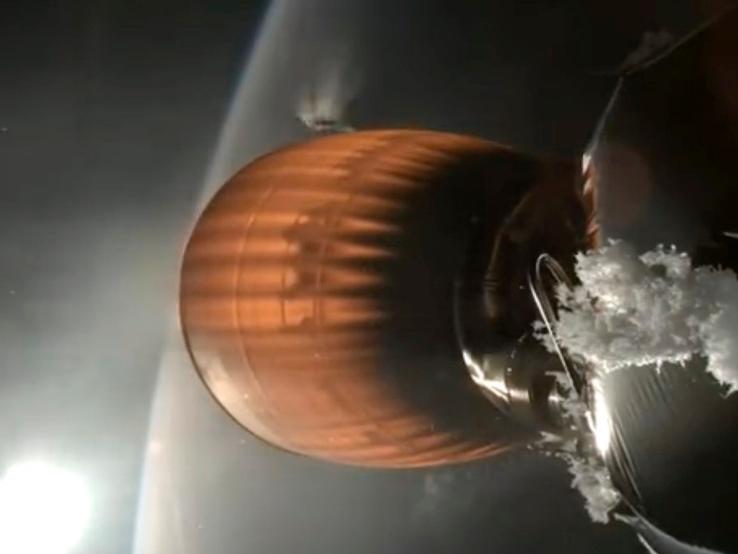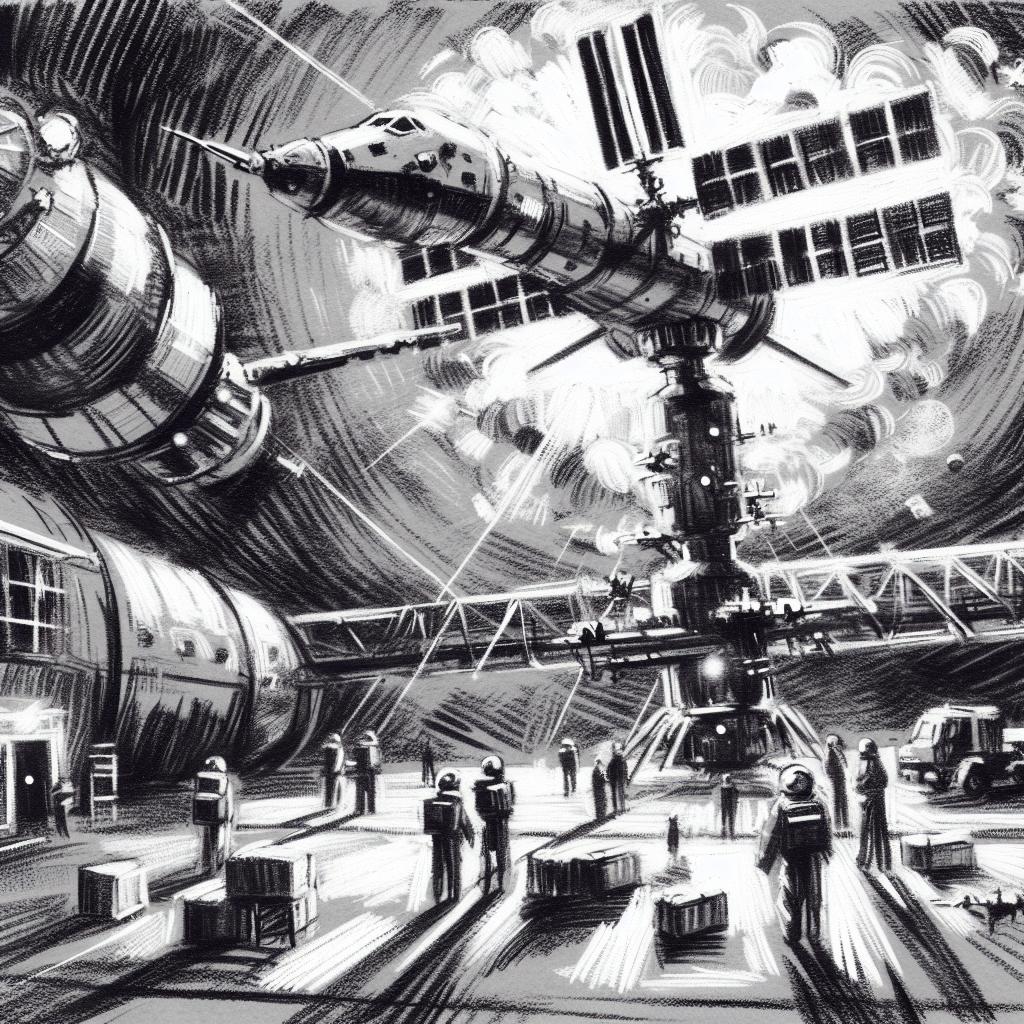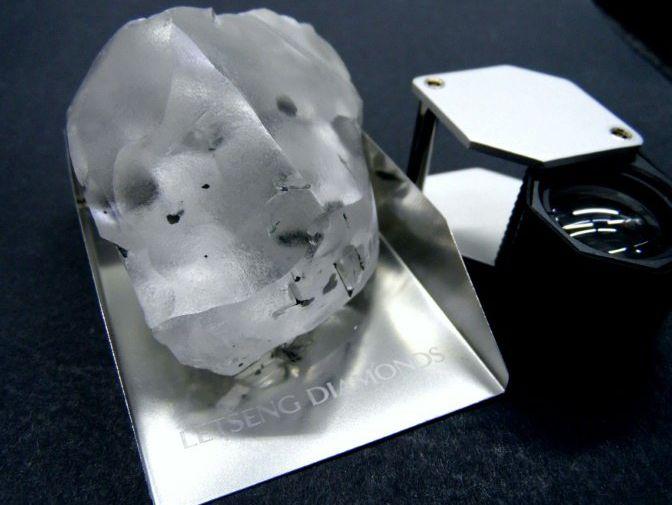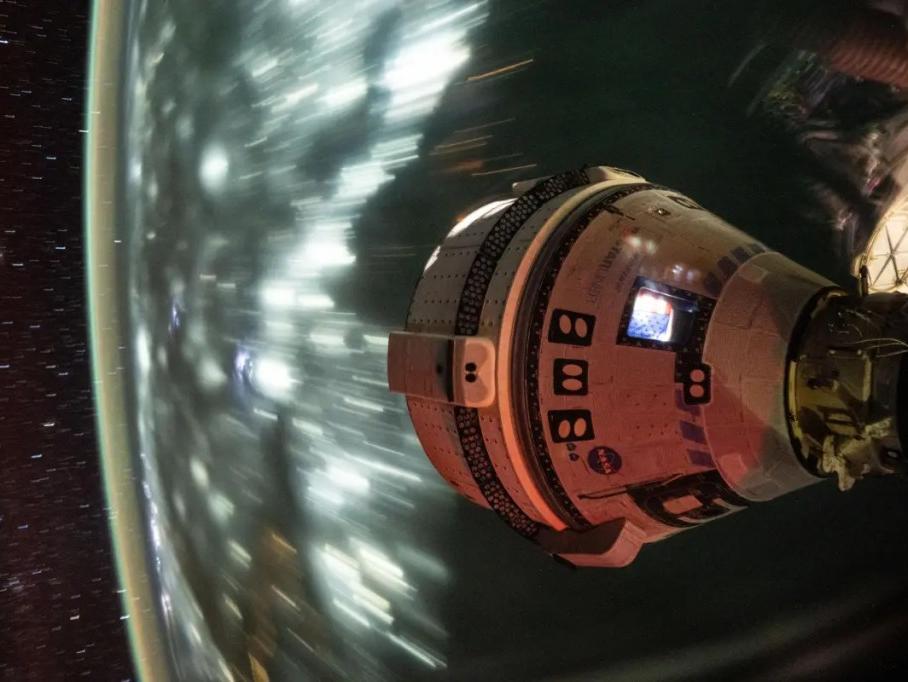SpaceX’s Falcon 9 rocket, a workhorse of the US space industry, experienced a rare and significant failure during a launch on July 11, 2024, from Vandenberg Space Force Base in California. The malfunction, attributed to a liquid oxygen leak in the rocket’s second stage, resulted in 20 Starlink satellites being placed in an incorrect, low orbit.The Federal Aviation Administration (FAA) has launched an investigation into the incident and ordered SpaceX to ground the Falcon 9 rockets until the issue is resolved. This setback could potentially delay several upcoming missions, including a private spaceflight scheduled for July 31 and a NASA astronaut flight to the International Space Station (ISS) in mid-August.Despite attempts to boost the satellites using their ion thrusters, it is unlikely they will reach their intended orbit. Instead, the satellites are expected to re-enter Earth’s atmosphere and burn up, posing no threat to other space operations or public safety.This failure marks the first major incident for the Falcon 9 since 2016, breaking a streak of 364 successful launches. The grounding of the Falcon 9 fleet could have significant implications for the global satellite industry and NASA’s operations.Meanwhile, in a separate development, NASA astronauts Butch Wilmore and Suni Williams, currently aboard the ISS, have expressed confidence in Boeing’s Starliner spacecraft. Despite ongoing engine issues with Starliner, the astronauts praised its performance and confirmed its suitability as a ‘safe haven’ for four people. Boeing is conducting ground tests to resolve the anomalies, with a potential return to Earth planned for late July, pending the completion of these tests.
Key points
- SpaceX’s Falcon 9 rocket failed during a launch, placing 20 Starlink satellites in an incorrect orbit.
- The FAA has grounded the Falcon 9 fleet pending an investigation, potentially delaying future missions.
- NASA astronauts on the ISS have expressed confidence in Boeing’s Starliner spacecraft despite its ongoing engine issues.
Contradictions👾While most sources report that the Starlink satellites will likely burn up in the atmosphere, Elon Musk suggested there might still be a chance to save them using their ion thrusters.



